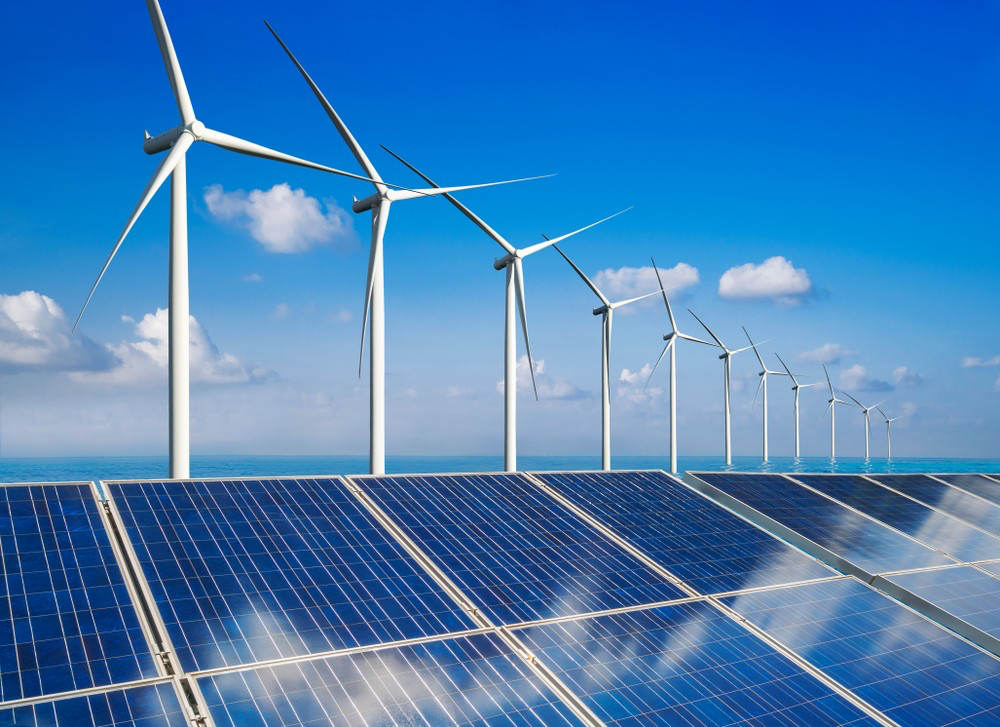Cameroon is set to develop up to 4GW of renewable energy by 2035, aiming to transform its energy sector and address its growing power needs. A recent Memorandum of Understanding (MoU) signed between a renewable energy provider and the Cameroon West Regional Council outlines plans for multiple projects across the Western Region of Cameroon. These initiatives will include solar, battery storage, wind, hydropower, and biomass plants, offering a diverse mix of clean energy sources.
The projects will be rolled out in phases, aiming to generate renewable energy for domestic use. This move is crucial for Cameroon, where the need for reliable and sustainable power is urgent. Nayer Fouad, CEO of Infinity Power, highlighted the transformative potential of these projects. He emphasized that the facilities, which will utilize wind and solar power among other technologies, have the potential to significantly boost Cameroon’s economy and bring substantial benefits to local communities.
Renewable energy is vital for Cameroon’s future. Dr. Vincent Kitio, Lead of Urban Energy Solutions at UN-Habitat, pointed out that the Western Region of Cameroon has a renewable energy potential exceeding 6GW. Despite this, the region currently receives only 100MW of electricity from the national grid for its population of over 2 million people. This disparity results in a significant energy deficit, impacting the lives of millions of Cameroonians.
Cameroon’s energy access rate stood at 65.45% in 2021. By developing renewable energy projects, the country can close its energy access gap, meet increasing energy demands, and mitigate climate change. Over the past two decades, electricity consumption per capita in Cameroon has increased by 27%. However, the energy demands are mainly met by gas and hydropower.
The planned renewable energy projects aim to provide clean power and contribute to economic and social development. The Western Region experiences daily power rationing, which hampers social and economic growth. By tapping into the region’s vast human and natural resources, these projects can drive much-needed development.
Dr. Jules Hilaire Focka Focka, President of the Cameroon West Regional Council, highlighted the importance of these initiatives. He noted that transforming the region’s resources could bring significant development benefits. The MoU, signed by Infinity Power Deputy CEO Ahmed Mulla and Dr. Focka Focka, marks a significant step towards achieving these goals.
UN-Habitat will play a crucial role in the development of these projects. The organization will provide technical assistance, conduct feasibility studies, and develop a governance system for energy generation and distribution. Additionally, UN-Habitat will create programs to ensure that the communities benefit from the energy generated, thereby improving their living conditions.
The partnership will ensure that new settlements developed along the new power plants receive adequate urban basic services. UN-Habitat will also ensure the efficient and effective use of the generated energy. Ahmed Mulla, Deputy CEO of Infinity Power, stated that this partnership represents a significant step towards addressing Cameroon’s energy needs through sustainable and renewable solutions.



